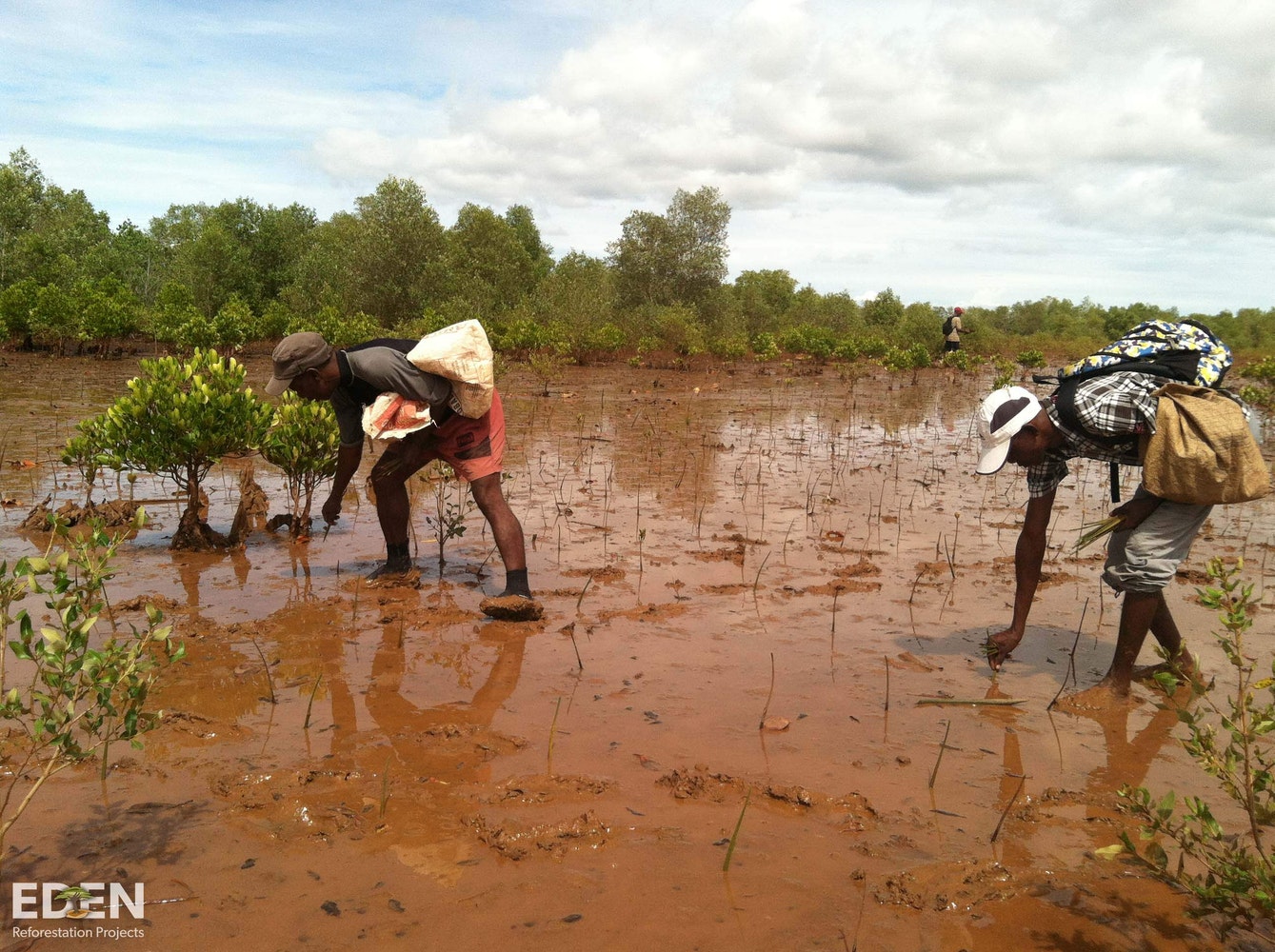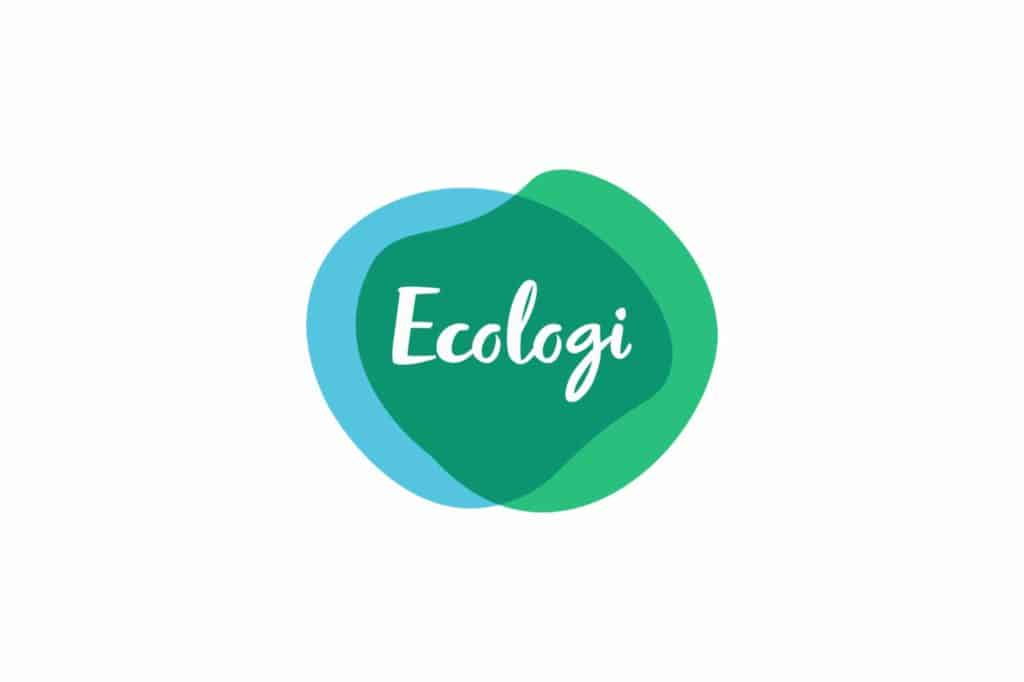SafeSwap Contributes to Mangrove planting in Madagascar
Madagascar is an island country in the Indian Ocean, approximately 400 kilometres off the coast of East Africa. It is the world’s second largest island country, after Indonesia, and the island of Madagascar itself is the fourth largest island in the world. The country is considered a biodiversity hotspot, and over 90% of its wildlife is found nowhere else on Earth.


















